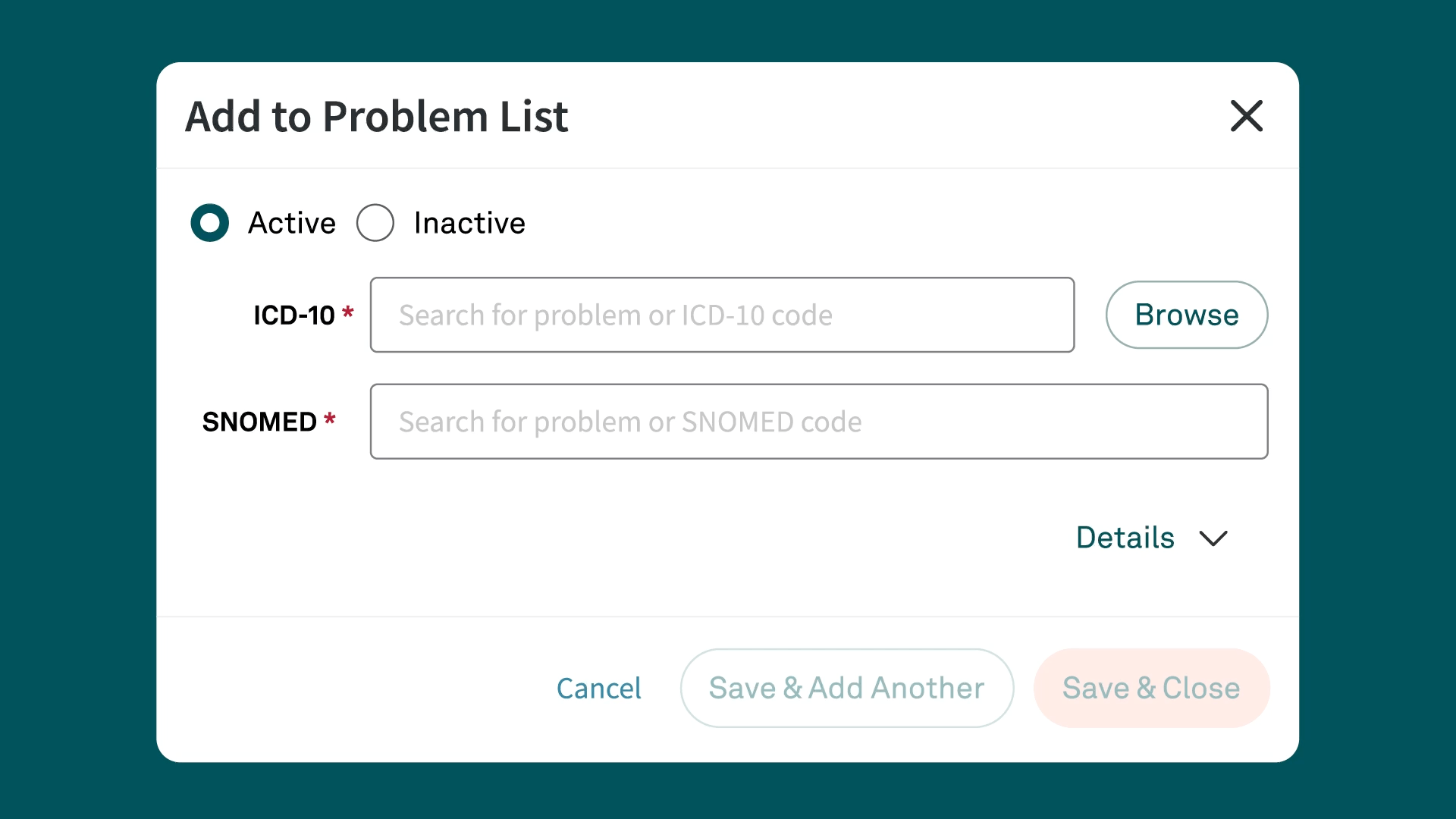ICD-10 Code R94.31
Abnormal electrocardiogram (ECG) (EKG)
What is the code R94.31?
The ICD-10-CM code R94.31 refers to "abnormal electrocardiogram (ECG) (EKG)." Healthcare providers and medical coders use this code to indicate abnormalities found in an electrocardiogram, which is a test that measures the heart’s electrical activity. An abnormal ECG can signal various heart conditions, including arrhythmias, myocardial infarction, and other cardiac anomalies.
Detailed description of R94.31
R94.31 is a diagnostic code healthcare providers and billers use to document findings of an abnormal ECG. An electrocardiogram records the electrical signals in the heart and helps detect irregularities in heart rhythm, structure, and function. ECG abnormalities can range from minor, non-threatening variations to significant deviations indicative of severe heart conditions. Use this code to document and subsequently manage patients presenting with an abnormal ECG suggesting potential cardiac issues without a known underlying cause.
Symptoms commonly associated with R94.31
Patients with an abnormal ECG may present with various symptoms that could include:
- Chest pain or discomfort
- Palpitations
- Shortness of breath
- Dizziness or light-headedness
- Fatigue
- Syncope (fainting)
These symptoms warrant a thorough evaluation, including an ECG, to determine the underlying cause and appropriate treatment.
Related and similar ICD-10 codes
These codes provide more specific information regarding the patient's cardiac health.
Appropriate usage and guidelines for R94.31
When coding for R94.31, it is important to follow these guidelines:
- Documentation: Ensure that the diagnosis is clearly documented in the patient's medical record.
- Specificity: Use R94.31 specifically for abnormal ECG findings. If a more specific diagnosis is identified, use the appropriate code.
- Context: Use this code in the context of diagnostic evaluation and do not use it as a primary diagnosis if a more definitive diagnosis is available.
Common pitfalls in coding with R94.31
Some common pitfalls to avoid when using the R94.31 diagnosis code include:
- Overuse as a primary diagnosis: Avoid using R94.31 as the primary diagnosis if a more specific condition is identified.
- Lack of documentation: Ensure that the diagnosis is documented in the patient's records to support the use of this code.
- Misinterpretation: Abnormal findings such as abnormal ECG or EKG should not be reported unless the provider indicates their clinical significance.
Key resources for R94.31 coding
- ICD-10-CM Official Guidelines for Coding and Reporting: This resource provides comprehensive guidelines for the appropriate use of ICD-10 codes.
- American Heart Association (AHA): Offers guidelines and resources for interpreting ECG results and managing cardiac conditions.
- Centers for Medicare & Medicaid Services (CMS): Provides resources on coding and billing practices, including the use of ICD-10 codes.
- Professional coding organizations: Organizations like the American Health Information Management Association (AHIMA) and the American Academy of Professional Coders (AAPC) offer educational resources, certifications, and support for medical coders.
Conclusion
Use the ICD-10 code R94.31 to document abnormal electrocardiogram findings, which impact the diagnosis and management of various cardiac conditions. Properly using this code requires accurate documentation and an understanding of its context within the diagnostic process. By avoiding common pitfalls and using key resources, healthcare providers can ensure accurate and effective coding, ultimately enhancing patient care and outcomes.
Simplify ICD-10 code documentation with Tebra
Tebra’s EHR+ gives you quick searches and Systematized Nomenclature of Medicine (SNOMED) field names for efficient code documentation. Plus, Tebra automatically saves ICD-10 to SNOMED mapping for future searches, streamlining your workflow.

Discover how Tebra helps providers effortlessly document health-related issues and conditions in this detailed post.
Similar Codes
Stay Ahead with Expert Healthcare & Billing Insights
Get the latest industry updates, financial tips, and expert strategies — delivered straight to your inbox.
